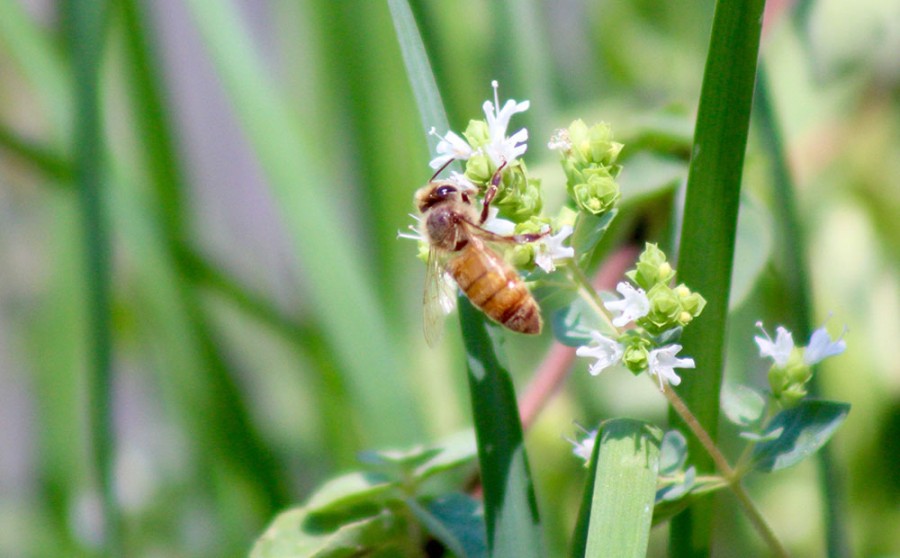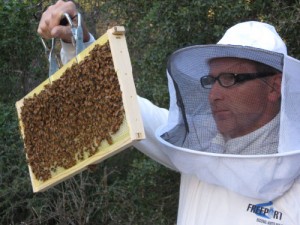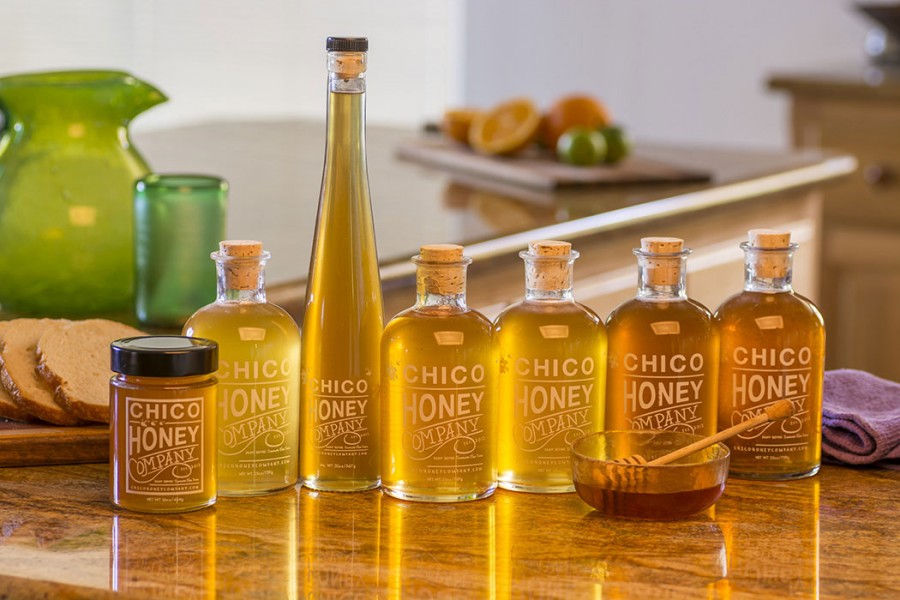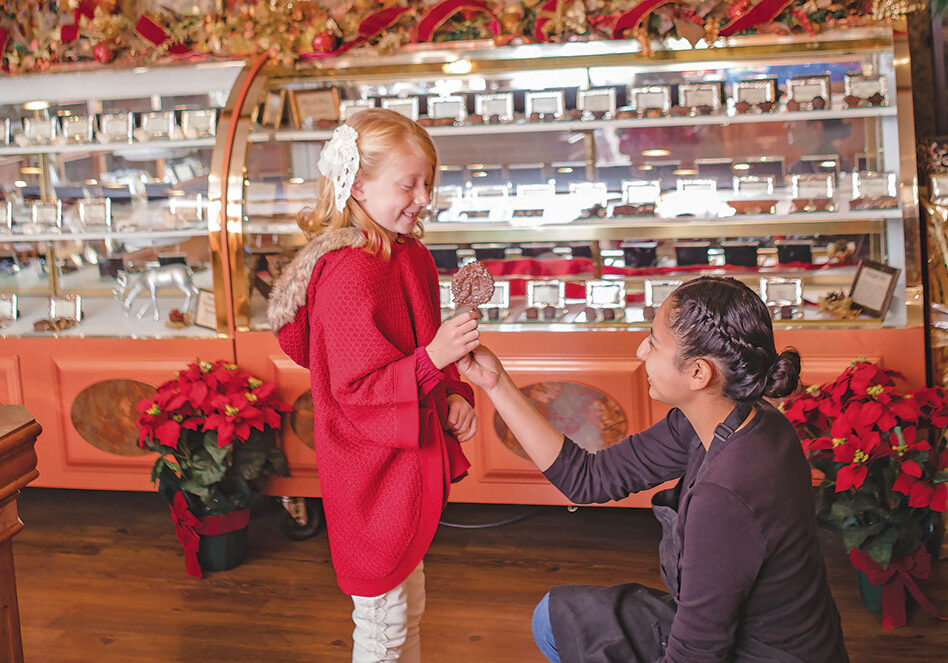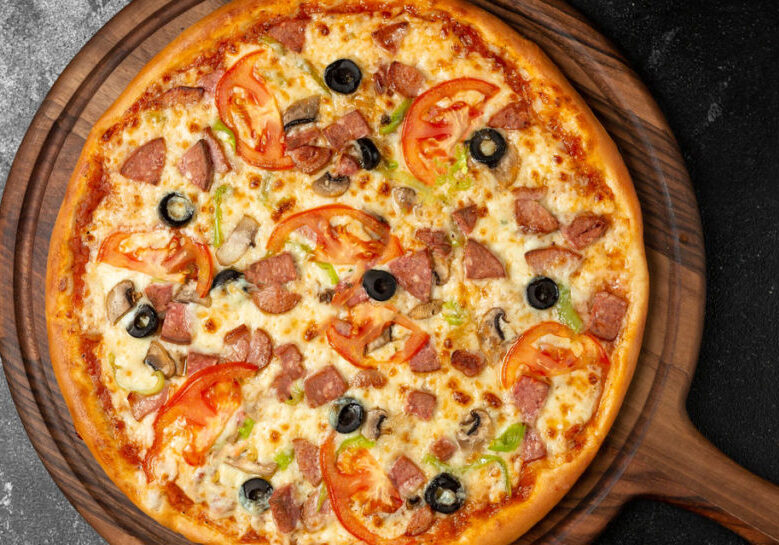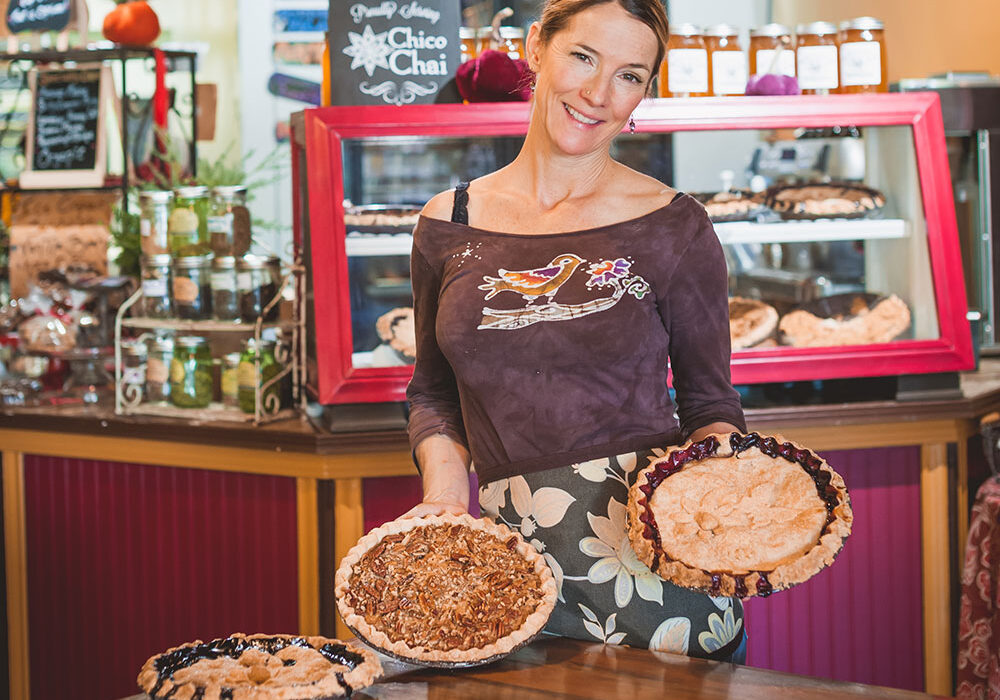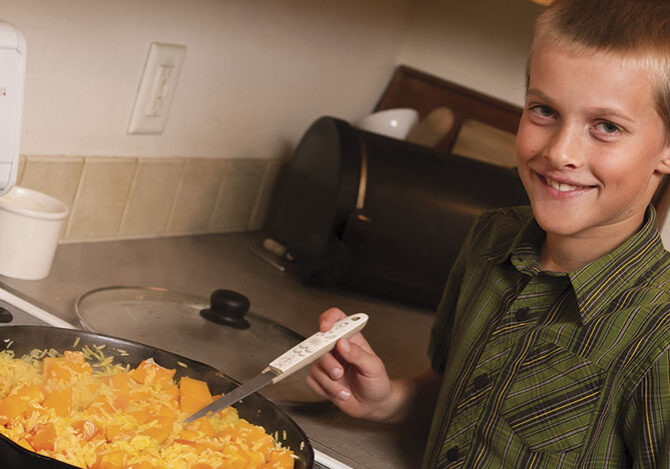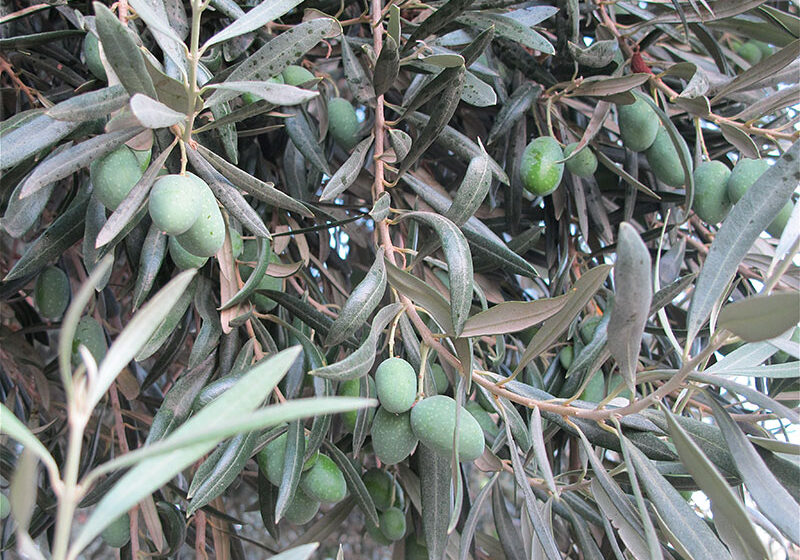Bees have been performing their pollinating duties millions of years – the oldest recorded bee fossil, embedded in amber, is dated at 100 million years. Native to Europe, Asia, and Africa, honey and bees were an important part of ancient lives. They first arrived in the United States in the early 1600s, but failed to make it west of the Rocky Mountains – it wasn’t until the mid-1800s that bees were successfully introduced to California. Since then, California has relied on bees for pollinating many different crops.
 Bees, Bees . . .
Bees, Bees . . .
Bee keeping is important business here in northern California. Honey bees are responsible for pollinating 80% of U.S. crops, many of which are found right here in northern California. In fact, there are two major beekeeping supply warehouses, Mann Lake in Woodland and Dadant & Sons Inc. in Chico, where you will find everything you need to become a backyard beekeeper or commercial beekeeper, from starter kit hives to honey removal supplies and everything in between.
In addition, there are many resources for purchasing backyard or commercial bees. Olivarez Honey Bees, Inc. in Orland and Wootens Golden Queens in Palo Cedro are two local companies that sell bees to the individual beekeeper or by the truck load for commercial operations.
Honey . . .
Chico Honey Company is owned by siblings Haley, Ryan & Josh Olivarez, third-generation beekeepers. Ryan Olivarez says, “What makes our honey unique is that our hives are kept as far away as possible from agricultural crops to ensure that they are as pure as possible. Our bees reside in natural foraging areas instead of high-volume agricultural areas that are sprayed with pesticides.”
Chico Honey Company’s raw, unfiltered honey is available at various locations in Chico, at select farmers markets, and at Enjoy Store in Redding & Red Bluff. Coming soon, they will also have local bee pollen and honey combs for sale in addition to their honey. Find them on Facebook at http://www.facebook.com/chicohoneyco.
Many cultures have been celebrating and utilizing honey for centuries; not only because of its delicious flavor, but also for its healing qualities. These healing qualities depend greatly on how the honey is processed. Raw, unpasteurized, unfiltered honey retains the phytochemicals that are typically lost during standard processing. Darker honey varieties tend to contain more antioxidants and flavonoids (plant pigments with potent antioxidant properties) than lighter varieties.
Honey has been used topically on wounds, burns and ulcers. Its antioxidant and flavonoid properties are believed to function as antibacterial agents. In particular, pinocembrin, unique to honey, is currently being studied for its antibacterial qualities.
Special note: Honey can contain spores of Clostridium botulinum, which can cause botulism in infants. Do not ever give babies under 1 year old honey or honey products. Honey is perfectly safe for everyone over 1 year of age.
And More . . .
(can be found in most health food stores)
Bee Pollen – referred to as “nature’s most perfect food” provides a healthy dose of B vitamins, flavonoids, minerals, carotenes, and is a complete protein (contains all 8 essential amino acids). Bee pollen has been shown to be a very useful tool in combatting seasonal allergies (especially when using a local source) and in helping to alleviate menopausal symptoms. Propolis – a product of tree sap and bee secretions, propolis is used by bees to protect their hives against bacteria, viruses, and fungi. Humans too can benefit from this wonderful bee by-product, as it contains phytochemicals that have cancer preventing and antitumor properties, in addition to antimicrobial activity (acting as a natural antibiotic), making it useful during the common cold and by stimulating immune response.
Royal Jelly – a mixture of honey, bee pollen and enzymes from the glands of worker bee throats; made especially for the queen by the hard working worker bees. In humans, it is used as a nutritive tonic, an energy enhancer, and may help reduce cholesterol.
Honey bees are essential to human health and wellbeing, not only for pollinating our plants, but also for nourishing our bodies. They may be tiny, little insects, but they sure provide many powerful tools.
“Bee” sure to check out the 35th Annual Palo Cedro Honey Bee Festival, on September 12 and 13, 2015, at Bishop Quinn Community Center located at 21893 Old 44 Dr. in Palo Cedro. The festival hours are 8:30am to 5pm on Saturday, and 8:30am to 4pm on Sunday.
Posted in: Localicious
Comment Policy: All viewpoints are welcome, but comments should remain relevant. Personal attacks, profanity, and aggressive behavior are not allowed. No spam, advertising, or promoting of products/services. Please, only use your real name and limit the amount of links submitted in your comment.


